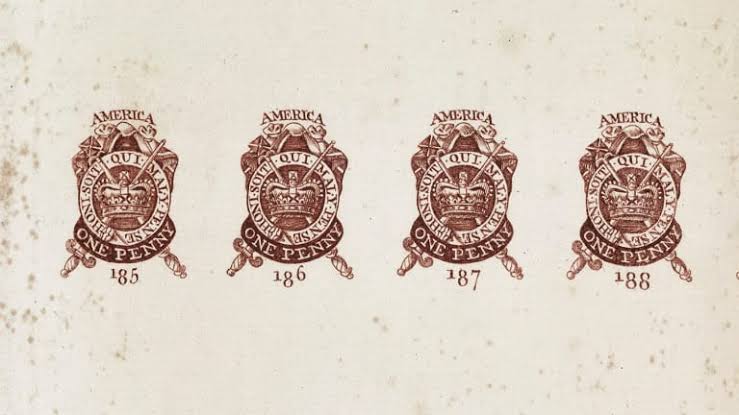How did the colonists react to the Stamp Act?
When Patrick Henry presented a series of resolves against the Stamp Act—the first direct tax on the American colonies—in the Virginia House of Burgesses in May 1765, he aimed to defend and preserve the traditional rights of Englishmen. Henry’s verbal assault on the Stamp Act was not a radical cry for equality or democracy; it was not influenced by the wave of “liberal” thought sweeping Europe in the eighteenth century. Virginians, according to the resolves, retained “all the liberties, privileges, franchises, and immunities, that have at any time been held, enjoyed, and possessed by the people of Great Britain . . . as if they had been abiding and born within the realm of England.” Henry insisted that by imposing a direct tax, the Parliament violated the “ancient constitution” of British common law, because the colonists were not and could not be represented in London. This led to the battle cry, “No Taxation without Representation!”
How did the colonists react to the Stamp Act?
Henry’s charge against the Stamp Act set other activities in motion. In the fall of 1765, representatives from nine colonies (Virginia, Georgia, North Carolina, and New Hampshire did not send a delegation) met at Federal Hall in New York City and adopted a series of resolutions that closely resembled Henry’s Stamp Act Resolves. These were known as the Declaration of Rights and Grievances. They asserted that the colonists had all the rights and privileges of Englishmen, and because they could not be represented in Parliament, taxing power was the sole responsibility of the colonial legislatures.
The Parliament shortly thereafter rescinded the Stamp Act. Colonial leaders seemed satisfied with their success. They did not want a political showdown, merely the ability to keep the power of taxation within the realm of local sovereignty. Few colonists called for violent action against the crown, especially after the repeal of the Stamp Act. Even the famous Sons of Liberty, the most strident defenders of American rights, professed their loyalty to the crown.
This article is part of our larger selection of posts about the Revolutionary War. To learn more, click here for our comprehensive guide to Revolutionary War.
This article is part of our larger selection of posts about Colonial America. To learn more, click here for our comprehensive guide to Colonial America.
This article is also part of our larger selection of posts about American History. To learn more, click here for our comprehensive guide to American History.
Cite This Article
"How Did the Colonists React to the Stamp Act?" History on the Net© 2000-2024, Salem Media.
July 27, 2024 <https://www.historyonthenet.com/how-did-the-colonists-react-to-the-stamp-act>
More Citation Information.






